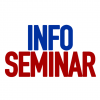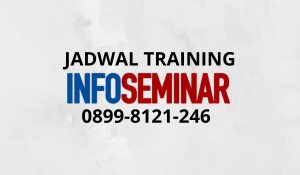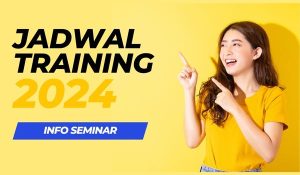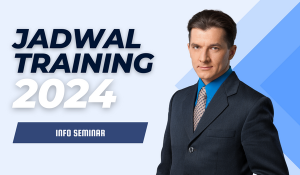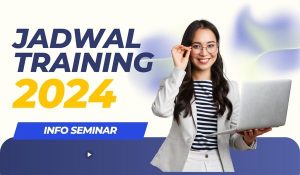Piping & Pipeline Integrity Design & Maintenance
WAKTU & TEMPAT
18 – 20 September 2013
08.00 – 16.00 WIB
Hotel Ibis Yogyakarta
DESKRIPSI
Design of oil pipelines and/or natural gas pipelines involve the application of mass, energy and force balances, material selection, line sizing, topography and elevation gradients, working pressure, pressure drop, and the related parameters such as erosional velocity, friction factor, flashing, condensation, corrosion, scaling, deposition, and multiphase flow problems. There is no a single approach to pipeline integrity. Mechanical, civil, chemical, metallurgical, unit operations and many other interrelated factors are the basis of the whole design.
This pipeline integrity design based on standards, codes and recommended practices, especially that of the API, ASME, ANSI, ASTM, NACE, and all good and common practices. Integrity of the pipeline must be considered from the beginning of the design, to assure that the line is able to operate without failure. The installed pipeline must be in the low risk category. Protection for anticipating internal and external damage must be included in calculation.
Pipeline failure may lead to disaster; fire, explosion, or poisoning. So that, safety is the most importance in pipeline. For that reason, safety considerations will be placed as the first in the pipeline integrity design.
OBJECTIVE
After completion of this course, participants will be able to:
- Broaden or reshape their knowledge on the related subjects of his or her area of responsibility, discuss and consult their speciic problems in pipeline operationa they are about to bring to the class and share their experiences with thers.
- Understand the concept of and approach to pipeline integrity and pipeline design, howto determine pipe diameter and wall thickness, either for oil & gas or produced water, how to select the pipe material, what and how to calculate, all based on common standards and good practices.
- Know what kind of problems may happen in daily pipeline operation, how to rank the risk categories, what to do to mitigate the risks, and how to avoid problems from the beginning.
MATERI KURSUS
- Surface Production Operations, Facility, and Equipment, and the Asset Management
- Hazard Assessment for Effective Pipeline Integrity Management
- Safety Considerations and Pipeline Failure Mitigation Control Requirements
- Pipeline Design Standards, Codes and Recommended Practices
- Pipeline Sizing, Wall Thickness Criteria, and the MAWP
- Corrosion Allowance and the Remaining Service Life
- Pipe Material Specification and Standard Dimension
- Free Span Pipe; Layout, Elevation and Topography
- Pipeline Design Calculation; Design and Operating Pressures
- Pipe Material Requirement, Examination, Testing and Inspection
- Pipeline Integrity Systems and Risk Assessment
- Examples and Case Studies
PESERTA
This course is prepared as an effective practical shortcut to understand pipeline integrity design, for either junior engineer or non-pipeline-engineering personnel who involve in oil & gas operations, maintenance, design, asset integrity management, or other function, and any related business activity, whatever his or her background is.
The course content and approach are designed to suit participants of different background and different position in the company. It will be delivered as a to-the-point explanation by a professional instructor, utilizing an easy-to-understand examples, illustrations, and experiences.
INSTRUKTUR
Ir. Subarmono, MP, PE.
METODE
Presentation, Discussion, Case Study, Evaluation Pre test & Pos Test
FASILITAS
- Certificate
- Training Modul
- Flashdisk
- NoteBook and Ballpoint
- Jacket or waistcoat or T-Shirt
- Bag or backpackers
- Training Photo
- Training room with full AC facilities and multimedia
- Once lunch and twice coffeebreak every day of training
- Qualified instructor
- Transportation for participants from hotel of participants to/from hotel of training
Investasi
Rp.7.000.000,- per peserta (Non Residential)
Rp. 6.500.000,- per peserta ( Pendaftaran 3 peserta dari 1 perusahaan)
Kode : 2983872



